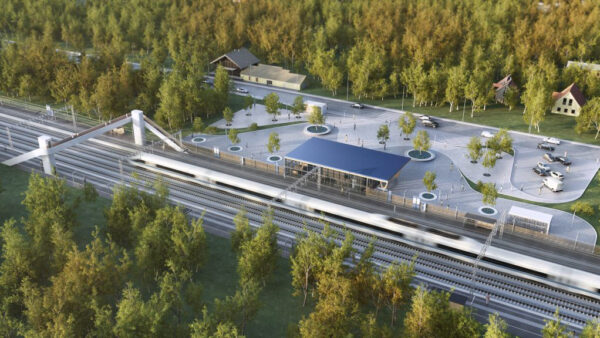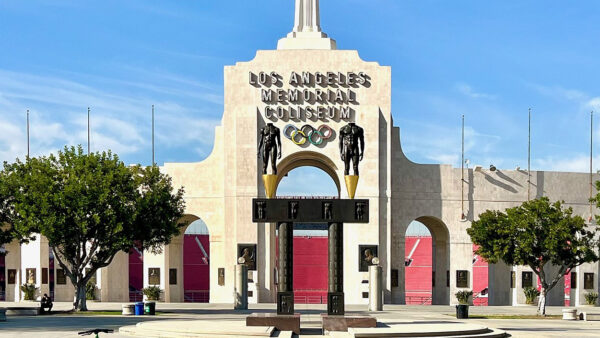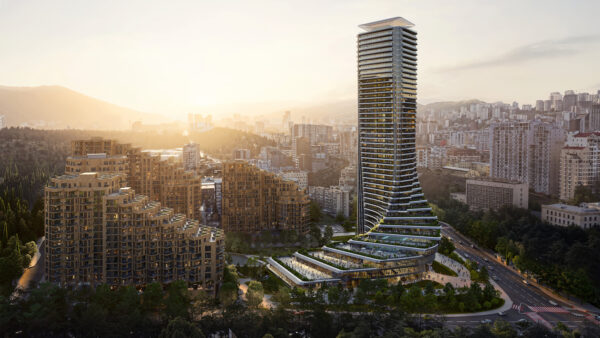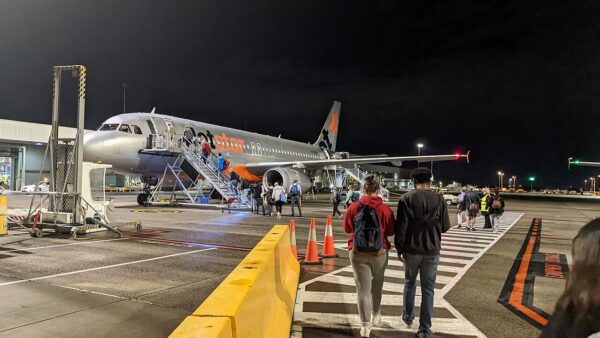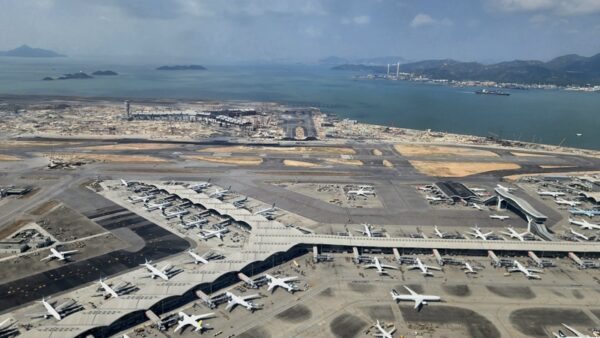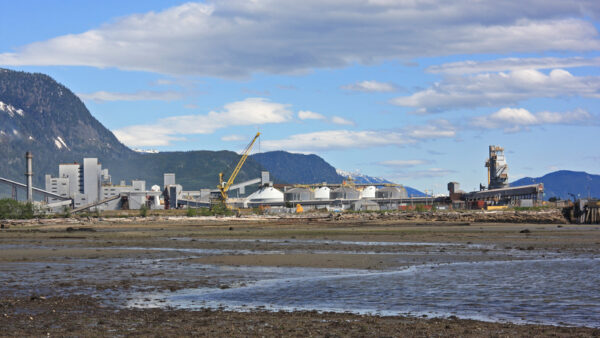A public spat has broken out between the international consortium involved in the widening the Panama Canal and its client, the Panama Canal Authority (ACP), after the builders won a multi-million-dollar claim over construction costs and delays.
The consortium, GUPC, publicly rejected comments allegedly made by Jorge L. Quijano, the ACP chief executive, to the effect that GUPC inflated its claims and tried to take advantage of a long-running contractual dispute.
In a statement released 20 January GUPC accused Quijano of saying “the consortium has always inflated their claims” and also, “we have a contractor who is definitely trying to take advantage of the situation to see what can get for his own benefit”.
GUPC did not specify where Quijano made the comments but, the day before, Quijano had appeared before the plenary of the National Assembly to answer questions about the $5.3bn canal expansion, which started in 2007 and has been hit by delays and contractual disputes.
Quijano’s statements attempted “to divert attention of Panamanians from real motivations” of the findings of a dispute adjudication board, GUPC said. That board ruled on 31 December that GUPC is owed $234m from the canal authority.
Those costs and delays could have been avoided if the ACP had adopted “a more reasonable stance”, GUPC suggested.
GUPC – short for Grupo Unidos por el Canal – is made up of Sacyr of Spain, Salini-Impregilo of Italy, Jan De Nul of Belgium and Constructora Urban of Panama. In 2009 it was successful in its $3.1bn bid to construct an additional set of locks for the canal (pictured), which is the biggest part of the expansion scheme. The expansion will create a new lane to double the canal’s traffic volume. The new locks will allow the canal to handle “Post-Panamax” ships, which are nearly three times bigger than the ships it can handle now.
Problems have beset GUPC’s project. The consortium claimed in 2011 that APC changed the specification of the basalt that was to be used in the concrete for the locks, requiring GUPC to adjust its processing plant and find new sources of basalt. GUPC has also claimed that ACP delayed approving the concrete mixture, which caused a delay of up to nine months, with associated costs. GUPC had wanted more than $468m in compensation but on 31 December a dispute arbitration board said it was entitled to $234m. The board also granted an extension to the contract of six months.
APC issued a “note of dissatisfaction” over the ruling and may challenge it at the next level up, the arbitration tribunal of the International Chamber of Commerce.
This was just the latest conflict over the locks project. In February 2014 GUPC halted construction, claiming $1.6bn in cost overruns that were caused by APC. Work resumed some months later after the two parties signed an accord.
Photograph: New locks under construction at the Panama Canal (SBE)





